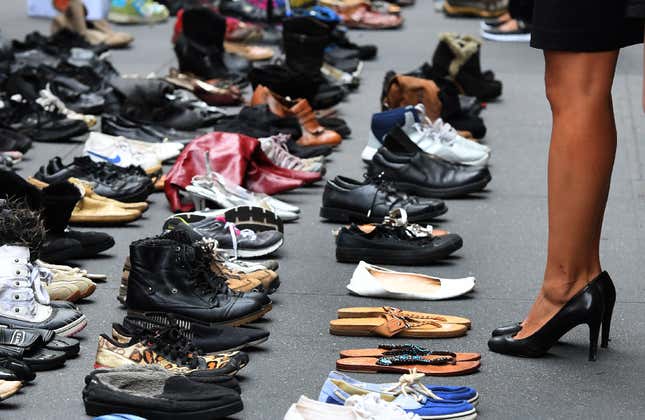The Lawyer Seeking Justice for Undocumented Victims of Sexual Assault
Latest

Three years since a wave of stories about Harvey Weinstein threatened to change the shape of assault investigations, and two months after MeToo’s symbolic enemy was sentenced to 23 years in prison, the movement is just as instructive for who it’s left out as for who has gone to jail.
Immigrant women are more vulnerable to sexual assault and domestic violence; incarcerated women are, by some counts, 30 times more likely to be assaulted than the general population. But the movement to bring assaulters to justice favors figureheads over systems, and Michelle Simpson Tuegel, a 36-year-old Texas attorney specializing in sexual assault litigation, understands the somewhat cynical logic that can impact the success of a case.
Tuegel has made her name litigating cases with recognizable enemies. Some have been successful, at least in part, because they highlight groups of plaintiffs with resources and public profiles that help engender widespread support. Now, her firm is taking on a case representing a population historically absent from those conversations, a test of how expansive the public’s sense of justice for survivors has really turned out to be.
Best known for her work on behalf of athletes assaulted by USA Gymnastics doctor Larry Nassar, she has also represented clients in cases against the Boy Scouts and the Catholic Church. Early in her career, Tuegel practiced criminal defense; since 2017 she has specialized in Title IX cases and worked with survivors of sexual assault in civil suits. She considers her most recent lawsuit, filed against a detention contractor on behalf of an undocumented immigrant, to be a “marriage” between those two fields of law.
-

-

-

-

-

-

-

-

-

-

-

-

-

-

-

-

-

-

-

-

-

-

-

-

-

-

-

-

-

-

-

-

-

-

-

-

-

-

-

-








































